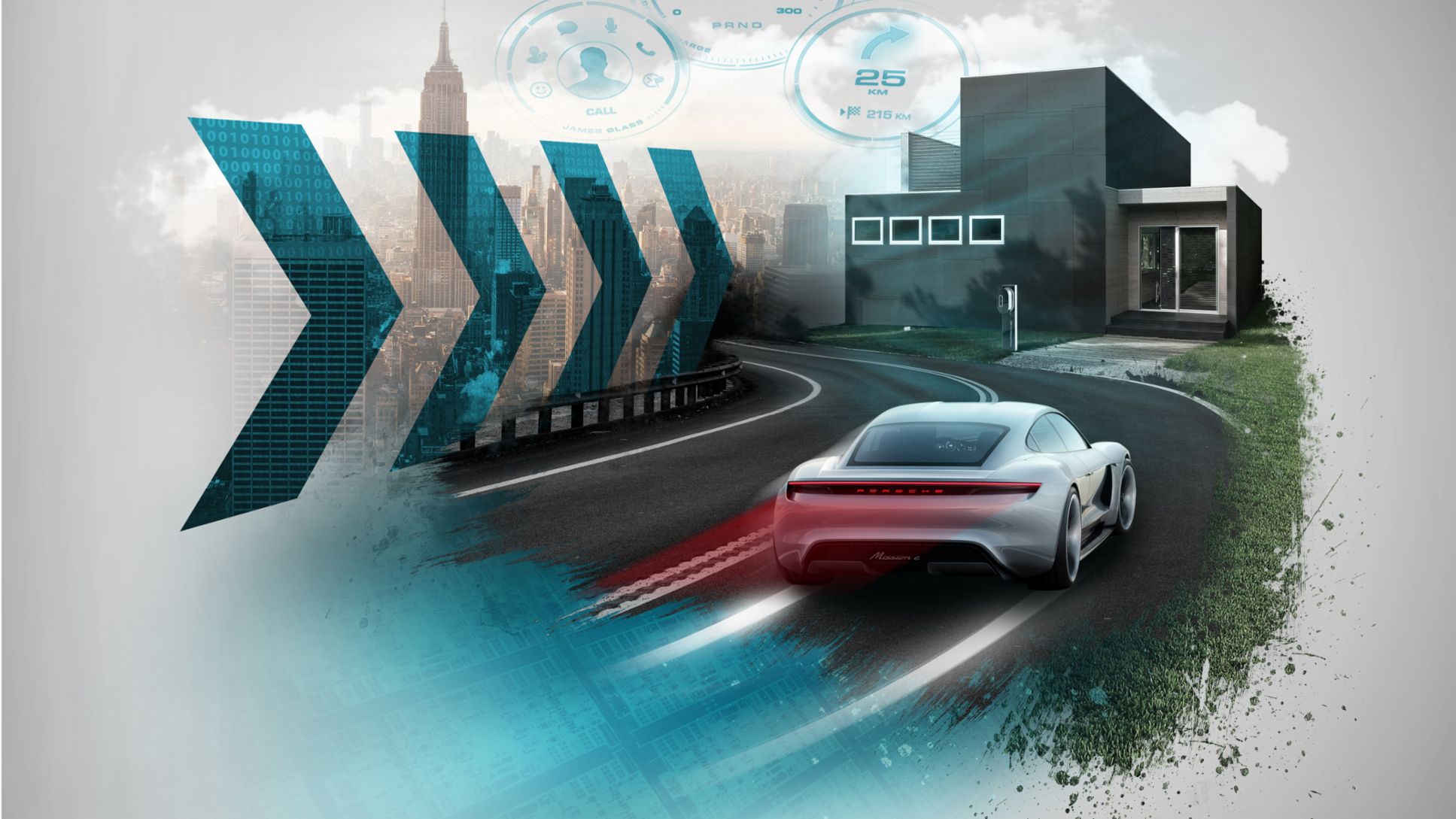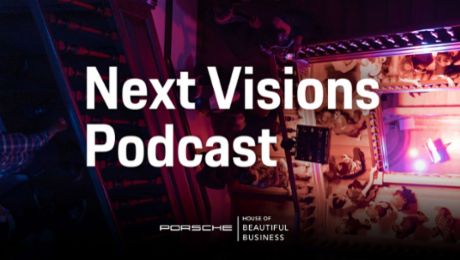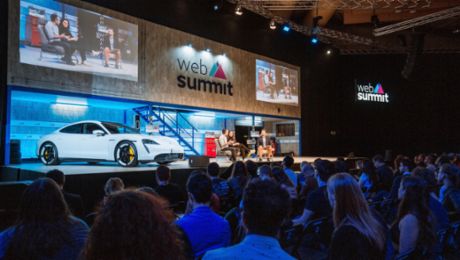Porsche continues to make great strides on the path towards digital transformation. Blockchain, artificial intelligence, virtual and augmented reality – these innovative technologies reached the industry a while ago, meaning the whole automotive sector is facing a complete break with the previous system. Within this context, Porsche intends to become a leading provider of digital mobility solutions in the premium automotive segment. The sports car manufacturer’s medium-term aim is to generate a double-digit percentage of sales through digital services. For Porsche, digitalisation and the application of new technologies are not just an end in themselves. Indeed, wherever added value can be created for the customer or processes can be optimised, the company will employ digital technologies.
Porsche is focusing on three core areas:
Products and services: The main focus areas are the Connected Car, automated driving, mobility infrastructure and mobility services. The aim is to develop a Porsche ecosystem integrating all digital services, extending beyond just driving.
Customers and trade: This is all about digitalisation in sales. The focus is on customer interfaces – both online and in stationary retail.
The company itself: The aim is to have state-of-the-art workplaces and efficient processes – meaning the digitalisation of the company itself.
People are always at the heart of what we do – whether it’s customers, business partners or employees. Porsche does not have a separate department dedicated to digital transformation; instead, all employees across all areas of expertise are involved in shaping the change.
Info
Please visit the category #digital for more information.
Consumption data
911 GT3 RS: Fuel consumption combined 12.8 l/100 km; CO₂ emissions 291 g/km
Model Range Panamera: Fuel consumption combined 9.5 – 6.7 l/100 km; CO₂ emissions 217 – 171 g/km




